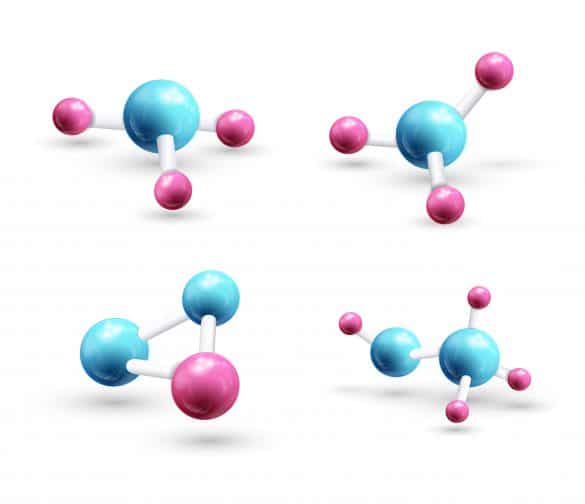
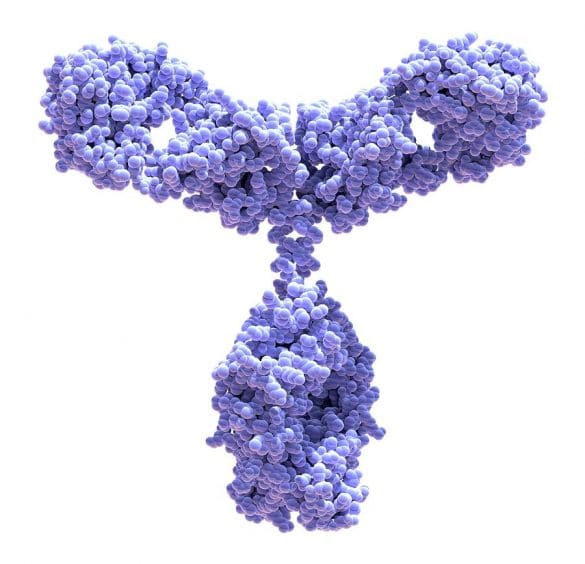
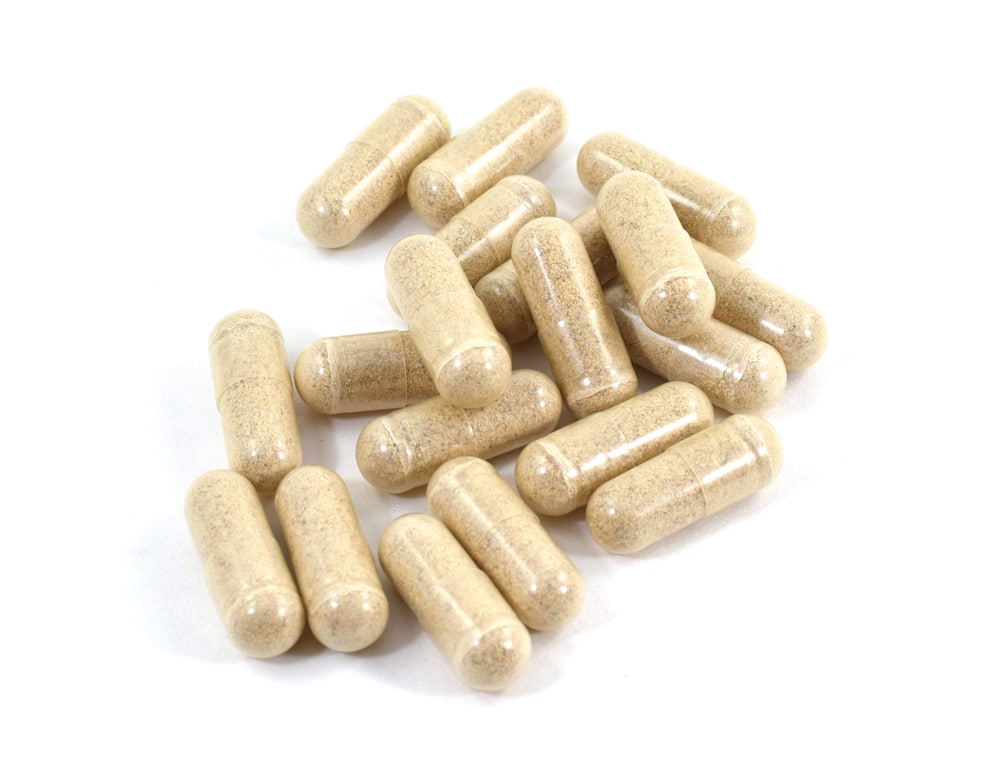
Small molecules
Because of their specific action on receptors or neurotransmitters involved in pain processing, small molecules represent the majority of the drug discovery programs in the field of pain.
Biologics
Therapeutic biologics have recently emerged as an attractive alternative to chemical molecules in the treatment of various painful diseases.
Biologics currently in development could dramatically change the clinical practice in pain management.
Probiotics
Probiotics are defined as live micro-organisms conferring a health benefit for the host when administered in adequate amounts. Growing evidence suggests that probiotics could affect emotional behavior, stress and pain-modulation systems.
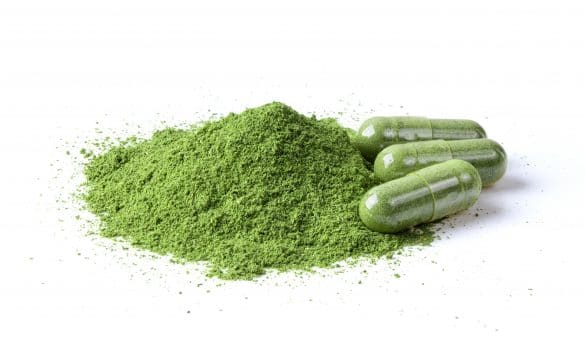
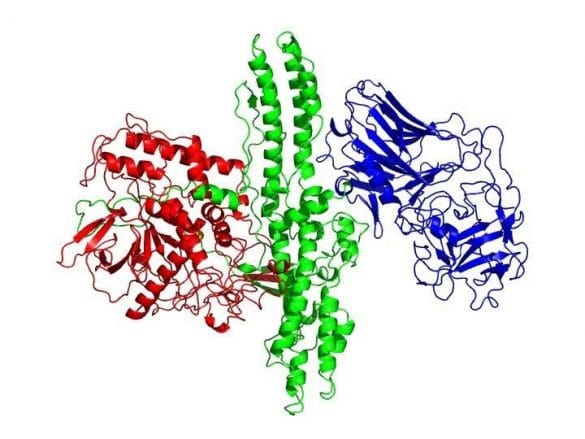
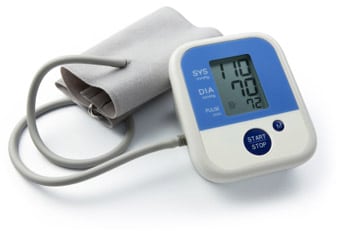
Natural extracts
Medicinal properties of plants are known since a long time.
Many painful diseases are treated using plant-derived medicines in the form of concoctions or concentrated plant extracts.
Toxins
Toxins such as Botulinum toxin act by inhibiting muscle contraction and are useful for the treatment of medical disorders arising from excessive muscle contraction. Recently, their therapeutic uses have expanded exponentially to include a wide range of medical and surgical pain conditions.
Medical devices
When suffering from chronic pain, medication with available drug treatments is the first option. Other options including medical devices can be also a possibility. Medical devices act by modulating metabolic pathways or mimicking mechanisms of action for proven commercial drugs.
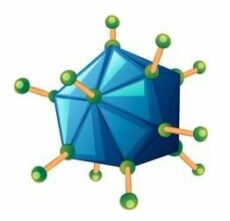
Adeno-associated virus (AAV)
In the field of analgesic drug development, small-molecule therapeutics suitable as conventional drugs to probe novel targets in clinical trials are often unavailable. In this context, adeno-associated virus (AAV) gene therapy in rodent models of pain could fill an important gap in the drug development process.
